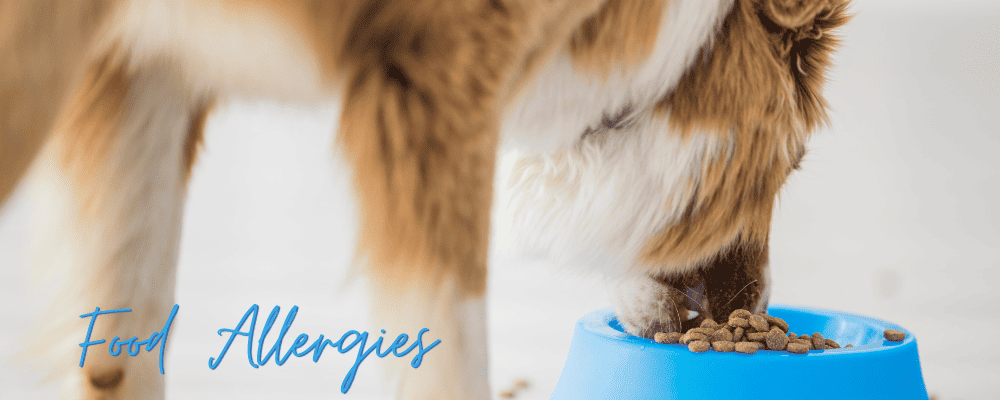Because of marketing messages being put out by dog food companies and retailers, many pet owners are concerned about possible food allergies in their pets. To help you make more informed decisions about the kind of food to give your pooch or kitty, study the key points below.
What You Need to Know
Food allergy is rare. A healthy diet is very important, but food allergies are not that common. Among all the various types of dog allergies, hypersensitivity to food is found to be the least common; ranking after flea and environmental allergies. Only 10% of allergies are due to food allergies
Symptoms mainly take on the form of itching as demonstrated by scratching, chewing, rubbing of the face, biting of the armpit, groin, or base of the tail, licking of the paws, and development of red inflamed eyes and skin or ear infections. Gastrointestinal problems such as vomiting, diarrhea, and regurgitation, are most commonly symptoms of food intolerance, which is not the same thing as a food allergy, it only means that a particular or a combination of food does not agree with your pooch’s digestive system.
Grain-free diets– Many companies are heavily marketing grain-free diets right now. However, grain allergies are very uncommon, so there are very few cases where they are of any benefit. In addition, grain-free diets have been associated with heart problems, so ask your veterinarian before feeding one of these diets.
The “allergy diet” myth- There are few diets that are completely “hypoallergenic”, meaning that they will not cause allergies. Raw diets, for example, are not hypoallergenic. The purest type of hypoallergenic diets are the hydrolyzed protein diets that can be purchased through veterinarians. Dogs and cats can be allergic to pretty much any protein ingredient that can be found in pet food. Feeding a diet with duck, kangaroo, lamb, or venison doesn’t prevent food allergies, it just makes it likely that if your pet develops one, it will be to that protein instead of something more common like beef or chicken. Changing a diet does not cause an allergy, but it may reveal one if you change to something containing an ingredient that your pet is allergic to. Likewise, there is no evidence that continually changing (rotating) diet ingredients prevents food allergies, but it definitely can limit diet choices to try to diagnose them (since every ingredient your pet has eaten before is no longer available to be used in a dietary elimination trial).
If you think your pet may have a food allergy, make an appointment with your veterinarian to discuss specific recommendations for your pet. It is better to get your veterinarian involved at the beginning than to bring them in after you have tried a bunch of different diets that have failed.
